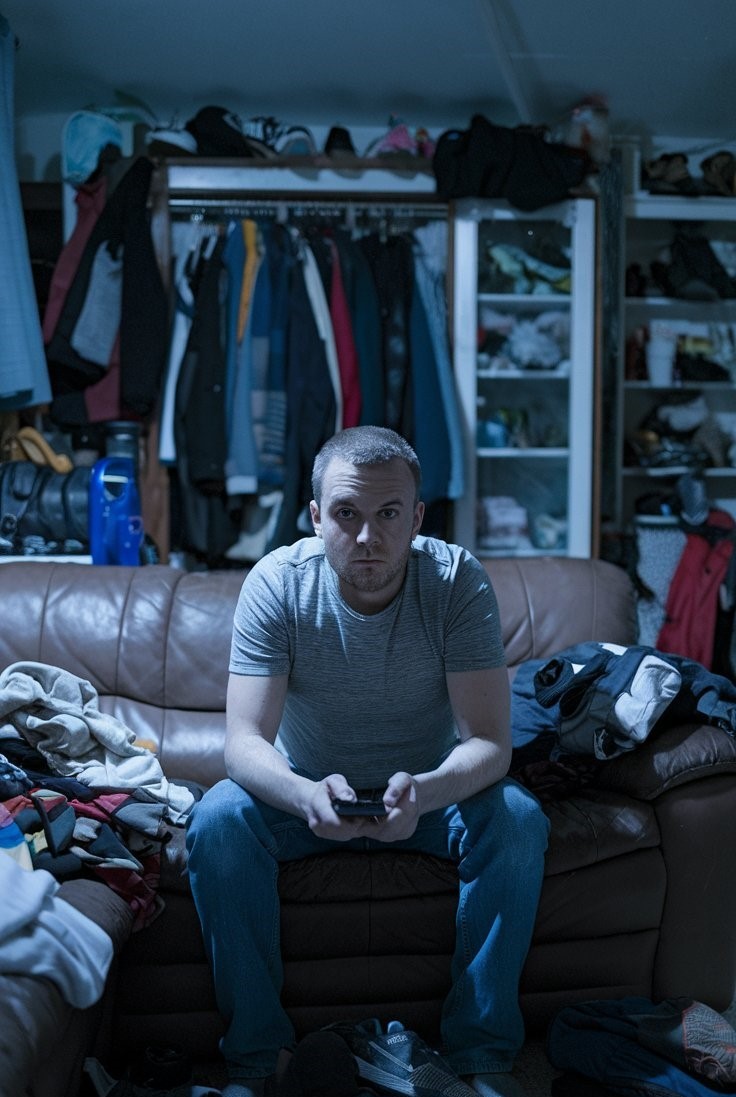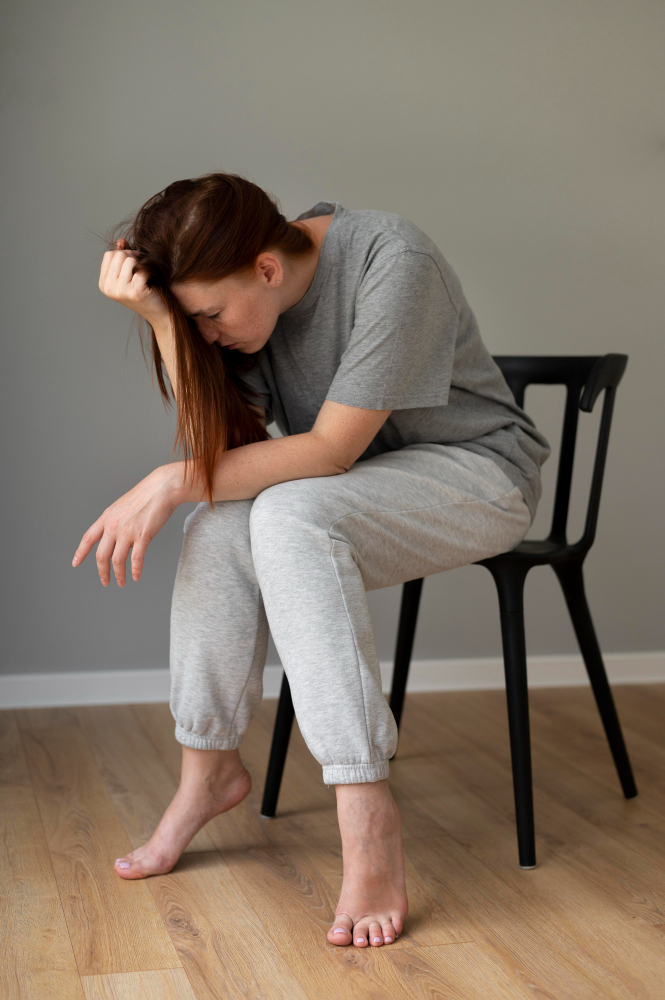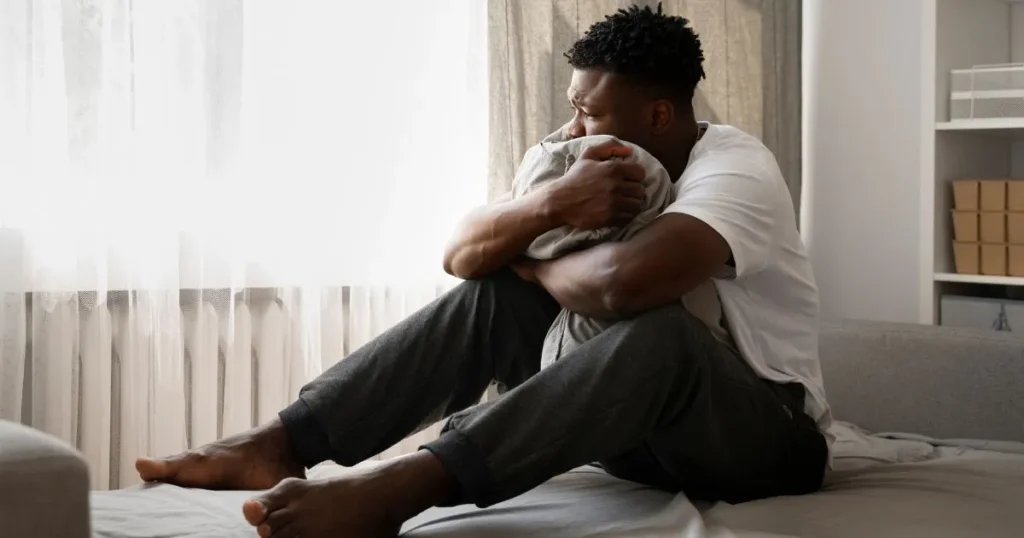Mental Health
Mental health refers to our cognitive, emotional, and social well-being.
It affects how we think, feel, and behave, and shapes our overall functioning.
includes coping with stress, interacting with others, and making decisions that improve our lives.

Mental Health
by Category
The most important topics that we will talk about on our website which everyone around the world suffers from.






Trending
Mental Health
My site contains blockbuster articles that cover topics close to the heart of many people.
Mental Health Month Ideas: Are You Brave Enough for These 7?
"Mental Health Month Ideas, Are you up for the challenge? Explore 7 impactful ways to raise awareness and transform lives, ...
Mental Health Awareness Month for Kids: 5 Powerful Tips
Mental Health Awareness Month for Kids offers engaging activities and tips to help children understand and embrace emotional well-being ...
Do Women Have a Mental Health Month: 7 Important Facts
Do Women Have a Mental Health Month? Absolutely. As a woman, your mental wellbeing is key to who you are ...
Black Men’s Mental Health Month: 3 Life-Changing Tips
Black Men's Mental Health Month highlights key tips: therapy, support networks, and self-care to boost emotional well-being and break stigma ...
Mental Health Awareness Month Events for Positive Change
Discover key Mental Health Awareness Month events to reduce stigma, gain support, and promote well-being in your community ...
Activities for Mental Health Awareness Month :6 Life-Changing
Discover 6 activities for Mental Health Awareness Month to boost wellbeing, reduce stress, and enhance emotional resilience ...
Women’s Mental Health Month: 6 Critical Truths You Must Know
As we start women's mental health month let's talk about the special challenges women face with their mental health ...
Recent
Mental Health
the last things we talked about













